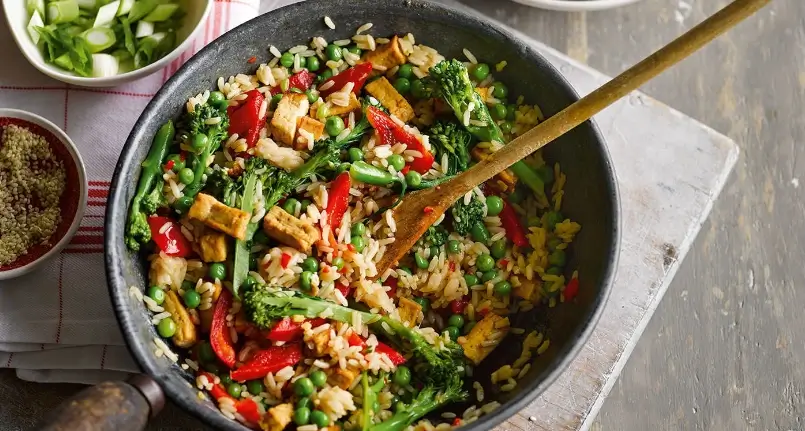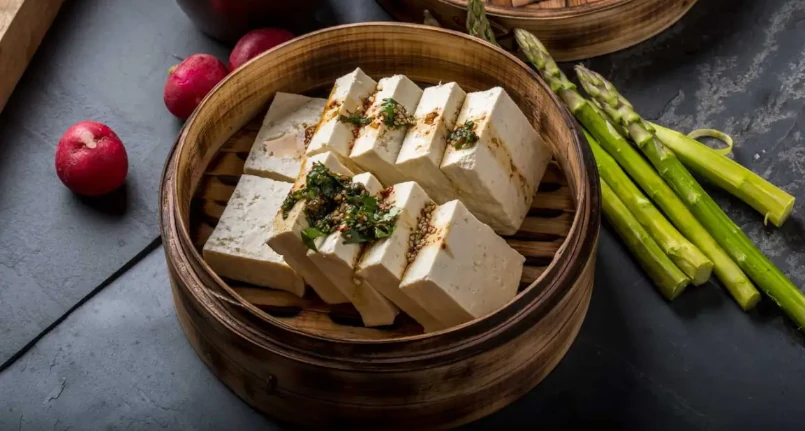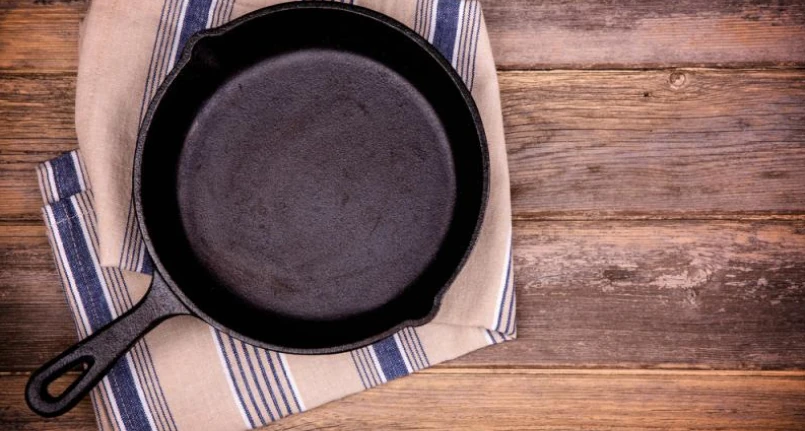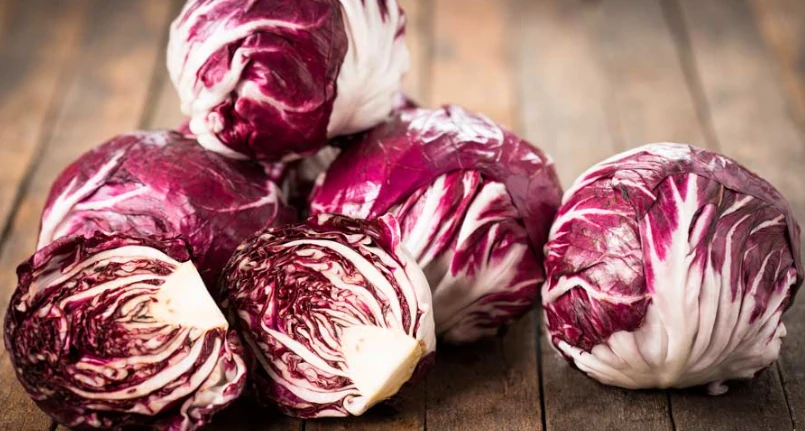Introduction
Consuming five portions of vegetables a day is recommended and the basis of a correct diet . Many vegetables , however, as well as cereals and legumes , need to be transformed, and therefore cooked, to be edible. Among these there are some vegetables and tubers such as: asparagus , potatoes , aubergines . Among the common mistakes that are often made in the kitchen, there are ways of cooking vegetables, which can make them less healthy and nullify the beneficial power of the nutrients that make them up.
Adding excessive seasonings
Among the most common mistakes in cooking vegetables we find that of adding butter . Whether they are pan-fried or baked, seasoning vegetables with a spoonful of butter adds 100 more calories and 11 grams of fat to vegetables, which cooked in this way will no longer be so healthy for the heart and arteries . The alternative is to dress with a teaspoon of extra virgin olive oil . Even in this case, however, it is necessary to use this fat of vegetable origin in moderation. The fry, for example, is a cooking method that significantly increases the caloric and lipid intake of the vegetable dish which, moreover, when exposed to high temperatures loses precious nutrients and minerals.
Did you know that the oil of…
Coconut oil is excellent for preparing some dishes such as desserts and vegan sauces, but it is not suitable for cooking vegetables. Coconut oil adds too much saturated fat to the dish. Similarly, sunflower oil, various seeds, peanuts and soybeans should not be used to season vegetables. Nutrition experts recommend always preferring extra virgin olive oil , rich in polyenols and antioxidants .
Using too much salt
Vegetables are a precious source of potassium , which helps counteract the effects of sodium , so adding too much salt to raw or cooked vegetables nullifies any healthy properties of the mineral that balances sodium, putting cardiovascular health at risk . Opting for aromatic herbs and spices rich in flavor allows you to add flavor to dishes without using excessive amounts of salt.
Boiling and loss of nutrients
Boiling vegetables could be the best cooking method to preserve the beneficial properties of vegetables. However, with boiling, the risk is to reduce the nutritional value of foods to a minimum by DESTRUCTION of the thermolabile molecules and/or by DISPERSION of many others (above all mineral salts and microelements in general. Many of the water-soluble vitamins , such as vitamin C and B vitamins , they’ll end up in the water, so unless you’re planning on making soup, it’s best to roast, bake, grill, or microwave your veggies.
Throwing away stems, peels and cooking water is a mistake
At the basis of zero waste cooking is the use of almost all foods. Vegetables are certainly no exception. In fact, most of the mineral salts and vitamins of the vegetables themselves are concentrated in stems, peels and cooking water. The advice is not to use only the best parts of the vegetables, but not to throw away peels, stems and other waste parts, especially if the vegetables are home-grown in the garden, or if they are organic. With potato and pumpkin skins , for example, you can prepare crunchy chips, while with broccoli and cauliflower stems you can prepare velvety soups or creams to add to pasta or rice . Similarly, thecooking water used to prepare boiled or steamed vegetables , is a nutrient concentrate. An excellent broth to use to prepare velvety soups, risottos and stews .
Steam, the healthiest method
Steam is one of the healthiest cooking techniques that exist, because it allows you to preserve most of the nutrients contained in vegetables. With this method, the vegetables remain crunchy but cooked, maintain their good original flavour, do not require additions rich in fats such as oils or butter, and are ideal for those who follow a healthy and balanced diet.
High temperatures and long cooking times
Cooking excessively and at high temperatures damages the vegetables and nullifies most of the healthy properties. When meat is broiled, for example, they can form heterocyclic amines [chemicals linked to an increased risk of cancer . This does not happen with vegetables, which however can trigger the formation of other carcinogens such as benzopyrene. One way to avoid this dangerous mistake when cooking aubergines, potatoes, courgettes , tomatoes and peppers, vegetables that are usually cooked on the grill, is to use indirect heat. The least intense heat you get when you place objects further away from the flame. Cooking vegetables for less time is also a healthier way to cook vegetables. It should always be remembered that the systematic use of cooking methods such as grilling , grilling and frying can be highly harmful due to its carcinogenic potential.




